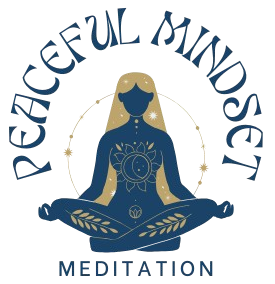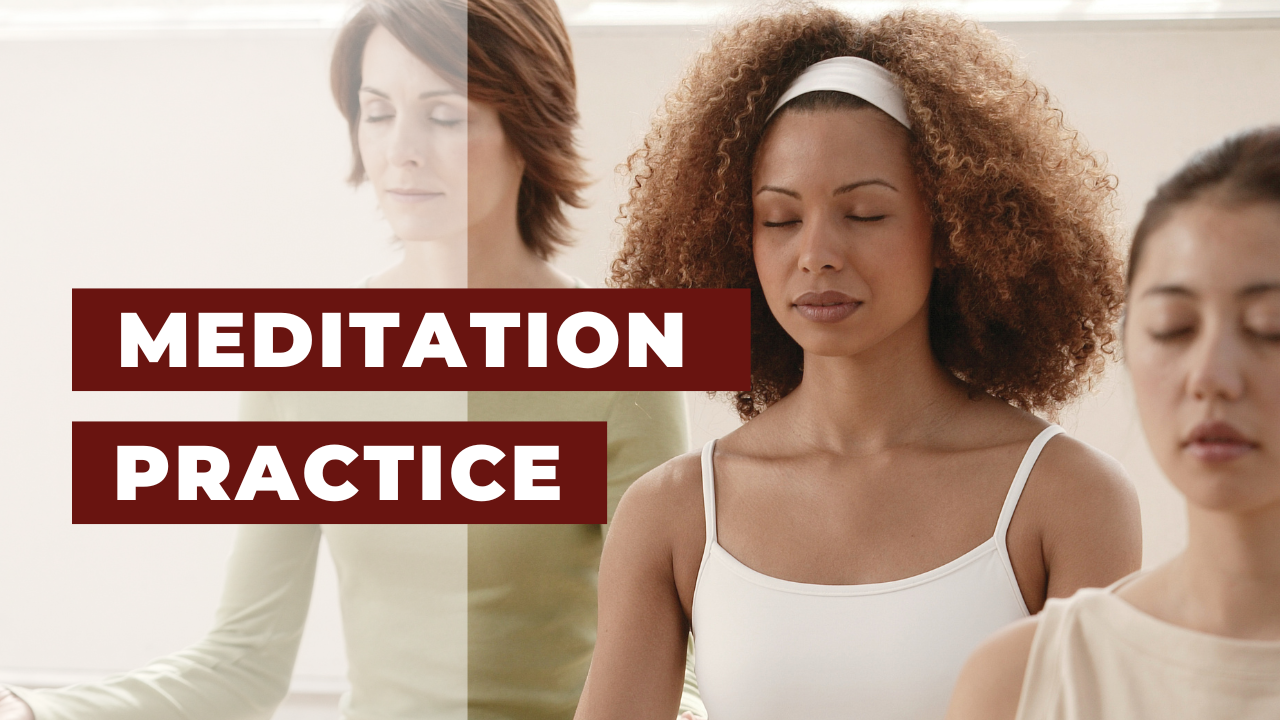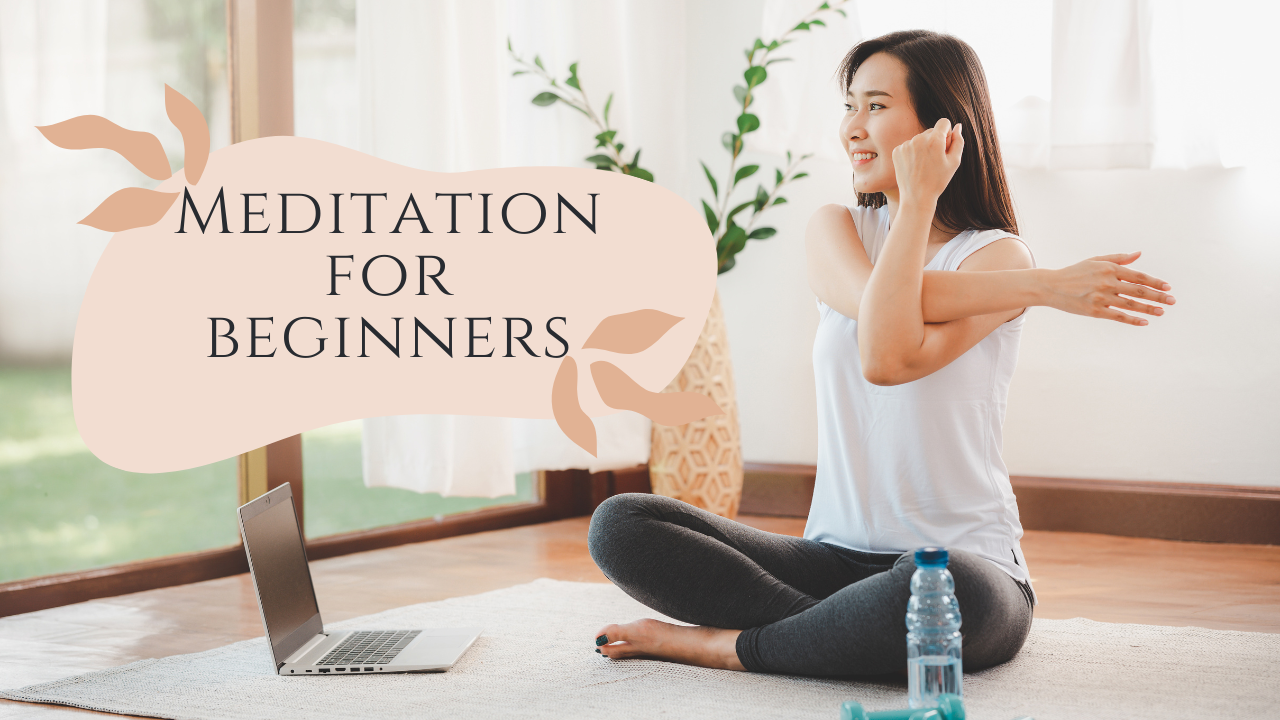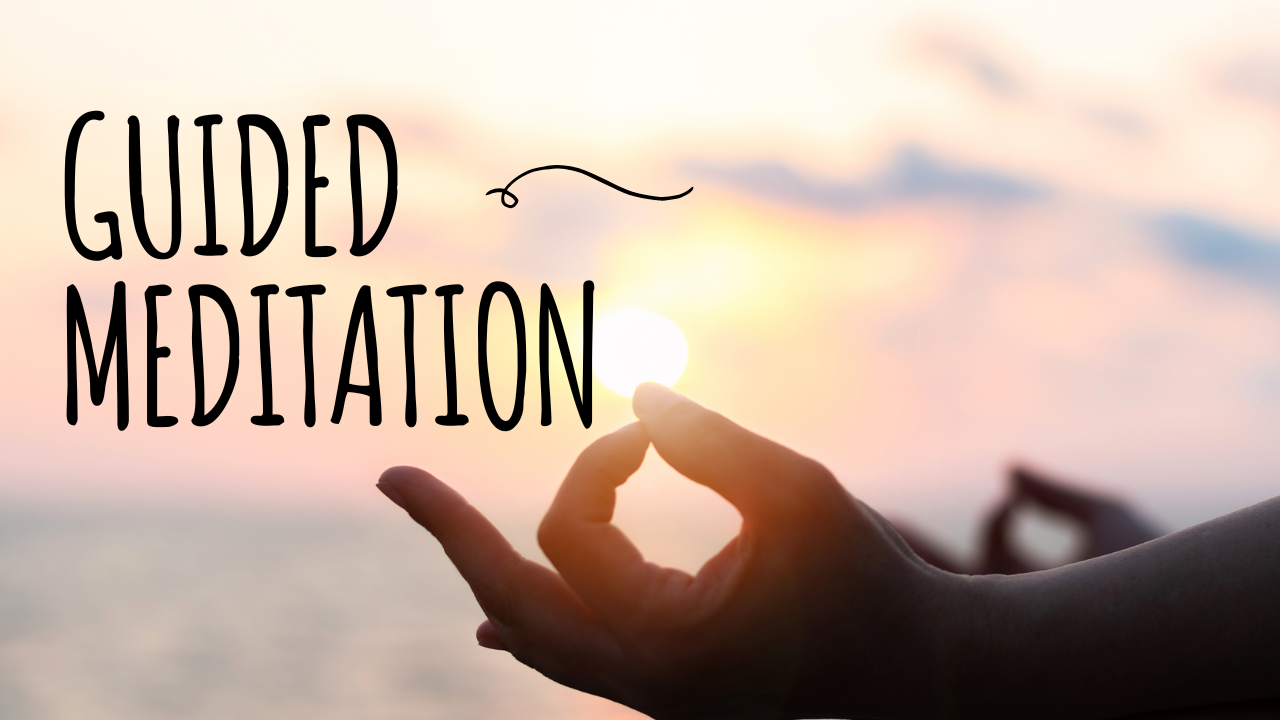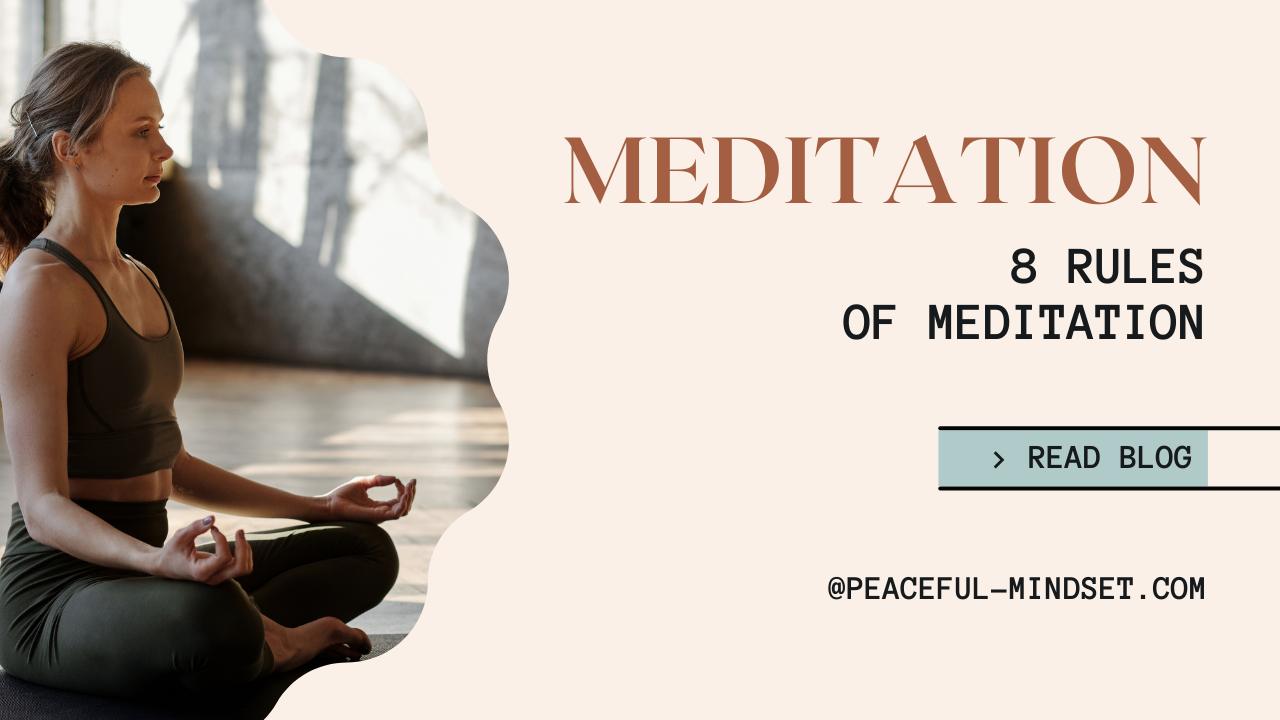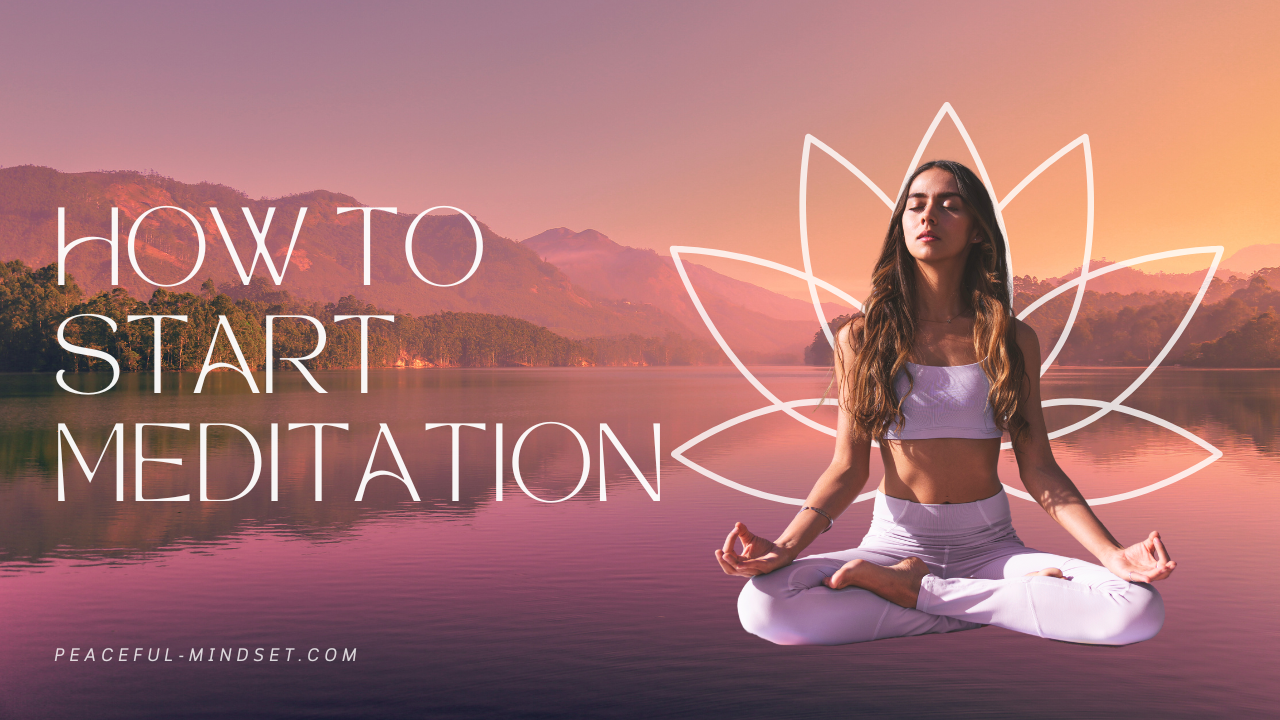Meditation Practice: A Path to Calm and Clarity
In today’s fast-paced world, where we are constantly bombarded with information and distractions, it can often feel like our minds are racing in a thousand different directions. Stress and anxiety appear to be a part of daily life from work obligations to personal struggles. Meditation is a straightforward, strong tool in the middle of all this turmoil that helps to calm the mind and provide clarity.
Meditation is not only for monks or yogics; it is something everyone can do and can be done anywhere at any time. Meditation can help you reach your objectives whether you want to lower stress, sharpen concentration, or just discover tranquility in your day. This post will cover the fundamentals of meditation, its advantages, and how to incorporate an effective meditation practice into your everyday life.
What is Meditation?
Whether your breath, a mantra, a sound, or even a visual object, meditation is the practice of concentrating your mind and directing your attention to a single point of focus. It is about silencing the mental noise and being completely present in the now. Meditation helps you to reconnect with yourself and the world around you by promoting mindfulness—a method of being in the present without judgment.
Although meditation may have profound spiritual or philosophical origins, you don’t have to adhere to a particular religion or belief system to gain from its practice. Meditation is fundamentally about quieting the mind and promoting serenity and concentration. Practicing more makes it simpler to reach a condition of inner balance, clarity, and peace.
READ MORE: The Benefits of Meditation
The Benefits of Meditation Practice
Before we dive into how to meditate, let’s take a look at the powerful benefits meditation can offer:
- Reduces Stress: One of the most well-known benefits of meditation is its ability to reduce stress. Meditation calms the nervous system and lowers cortisol (the stress hormone), which helps reduce anxiety and feelings of overwhelm.
- Improves Focus and Concentration: Regular meditation practice trains your mind to stay focused on one thing. This can improve concentration in daily activities, making it easier to stay on task and be productive.
- Enhances Emotional Well-being: Meditation helps you become more aware of your thoughts and emotions, fostering emotional balance. It allows you to step back from negative thoughts and respond to situations more calmly.
- Promotes Better Sleep: If anxiety or stress is keeping you up at night, meditation can help. By calming your mind before bed, meditation helps promote relaxation and improves the quality of your sleep.
- Boosts Self-Awareness: Meditation helps you become more attuned to your inner self. By practicing mindfulness, you gain insight into your thoughts, habits, and reactions, which can lead to personal growth and self-improvement.
- Improves Physical Health: Studies have shown that meditation can help lower blood pressure, reduce symptoms of chronic pain, and even strengthen the immune system.
- Promotes Peace and Clarity: Most importantly, meditation creates a sense of peace and clarity. It gives you a moment to step away from life’s noise and simply be present with yourself.
Getting Started with Meditation Practice
It’s natural to be uncertain about how to start if you are new to meditation. The positive news is that meditation needs no particular equipment or expertise and is easy to begin. This is a beginner’s guide to assist you in starting your own meditation practice:
1. Find a Quiet Space
Finding a calm, comfortable location where you won’t be interrupted is the first step in meditation. This could be a calm area in your house, a park, or perhaps a comfortable place at work. The aim is to design a setting free of distractions so you may concentrate. Ensure the environment is pleasant and large enough for you to sit or lie down comfortably.
2. Get Comfortable
If that doesn’t feel comfortable for you, you don’t have to sit cross-legged on the floor. Whatever feels best for your body—sitting in a chair, lying down, or even standing—you can meditate. Relaxed yet aware posture is the most crucial element. Your hands should be resting softly on your lap or knees, back upright, and shoulders relaxed.
3. Set a Timer
Setting a timer for your meditation practice might be very useful if you are just beginning. Start with only five to ten minutes. You may increase the time. A timer lets you skip clock watching or time concern. Without interruptions, simply concentrate on the practice.
4. Focus on Your Breath
Breath-focused meditation is among the most basic kinds of meditation. Bring your awareness to the feeling of your breath entering and leaving your body by closing your eyes and taking a deep inhale. With each breath and exhale, you could feel your tummy or chest rising and sinking.
Breathe normally; your breath is not under your control. Just watch it. Should your thoughts start to drift, softly return your attention to your breath. Your thoughts drifting is quite natural. The secret is to see when this occurs and patiently and compassionately go back to your breath.
5. Use a Mantra (Optional)
If you find it hard to focus on your breath alone, you can use a mantra—a word or phrase that you repeat silently to help keep your focus. A straightforward mantra could be “peace,” “calm,” or “breathe.” Mentally say the mantra with every breath as you inhale and exhale. This can enhance the meditation experience and aid to anchor your mind.
6. Observe Your Thoughts
Thoughts will natural come and go as you meditate. Instead than trying to ignore them, practice seeing them without judgment. Imagine you’re sitting by the side of a river and your thoughts are leaves drifting by on the water. You can just see them and let them drift away. Over time, you will start to separate from the ideas themselves and build distance between you and your mental noise.
7. End Slowly
When your timer runs off, spend a few minutes gently exiting your meditation. Open your eyes gradually, stretch your body, and start to notice your surroundings. Acknowledge how you are feeling after many deep breaths. You might find that you are more at peace, grounded, and calm. Relish the tranquility you have fostered inside.
Tips for Building a Consistent Meditation Practice
- Start Small: If you’re new to meditation, start with just 5-10 minutes a day. As you build your practice, you can gradually extend your meditation time.
- Be Consistent: Try to meditate at the same time each day, whether it’s in the morning, during lunch, or before bed. Consistency is key to building a successful meditation habit.
- Be Patient: Meditation is a skill, and like any skill, it takes time to improve. Don’t be hard on yourself if your mind wanders or if it feels difficult at first. Simply return your attention to your breath, and know that with practice, it will become easier.
- Use Guided Meditation: If you find it difficult to meditate on your own, try using guided meditation. There are many apps and online videos available that lead you through meditation practices. These can be especially helpful for beginners.
- Create a Meditation Space: Having a designated space for meditation can help you create a peaceful environment and signal to your mind that it’s time to relax and focus.
- Practice Self-Compassion: Meditation is not about perfection. It’s about being present with yourself, as you are. Be kind to yourself throughout the process, and don’t worry if your practice doesn’t look “perfect.” The goal is to cultivate inner peace, not to meet any expectations.
Conclusion
Meditation is a simple yet powerful practice that can transform your life. Whether you’re seeking stress relief, emotional balance, or greater clarity, meditation offers a direct path to a calmer, more focused mind. By setting aside just a few minutes each day, you can create space for peace, mindfulness, and self-awareness in your life.
Remember, there’s no right or wrong way to meditate—what matters most is that you show up for yourself and take the time to connect with your inner calm. With patience and consistency, meditation can become a daily habit that brings lasting peace and clarity to your life. So take a deep breath, find a quiet space, and begin your meditation practice today. You deserve the calm and clarity it brings.
